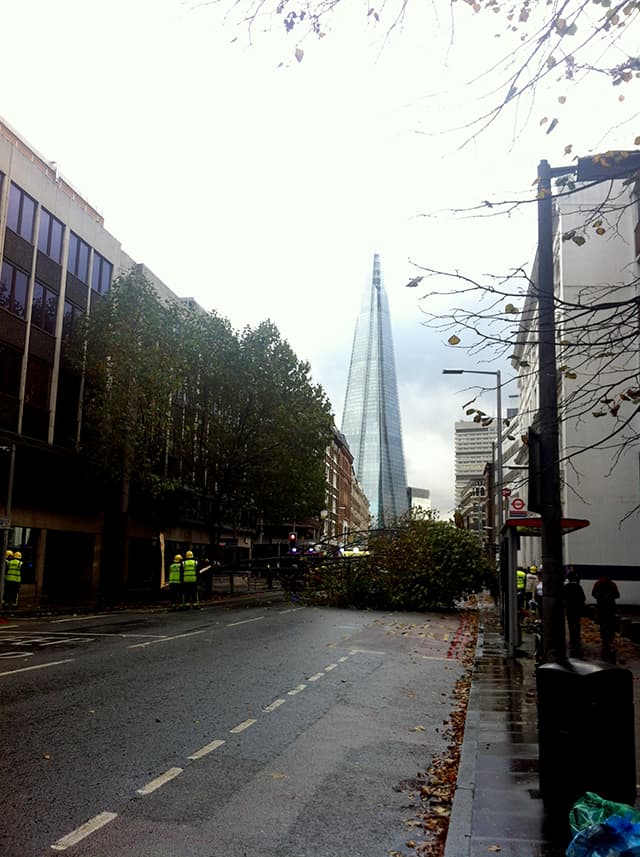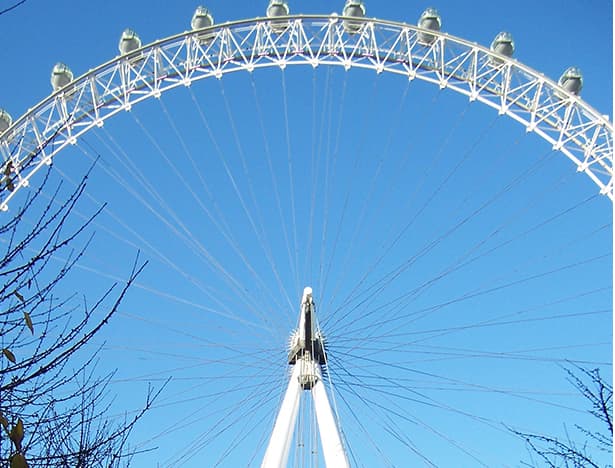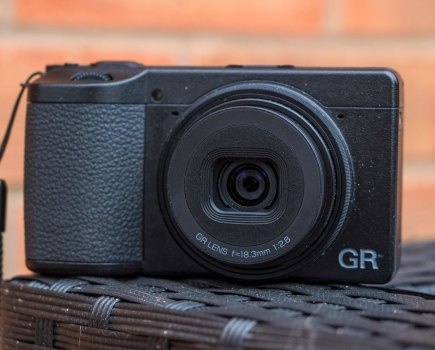SIGN PETITION AGAINST EUROPEAN PROPOSALS HERE
There are growing fears that proposed changes to European copyright law will require photographers to obtain permission before publishing pictures of tourist attractions such as the London Eye.
AP has backed an open letter, drawn up by Wikipedia operator Wikimedia and sent to The Times newspaper, which has been signed by organisations including the Bureau of Freelance Photographers and the British Photographic Council (see below).
The letter calls on UK MEPs to vote against the proposal in Strasbourg on 9 July and to ‘defend our right to make and use photos of public spaces’.

AP is at the vanguard of the campaign against the European proposals.
Editor Nigel Atherton said, ‘This unnecessary attack on personal liberty, designed to solve a problem that doesn’t exist, will fundamentally transform photography in public places. It will destroy the century old tradition of reportage and street photography that’s provided us with such a rich and valuable visual history of our collective past.’
He added, ‘Moreover, it’ll make it almost impossible for anyone to take and publish photos that include buildings and landmarks, which will do irreparable damage to both the hobby and profession of photography. It’s a vindictive attack on our individual freedom to enjoy public spaces, and on the free and open distribution of information – and in the age of Google Street View it’s completely pointless.’
‘40,000’ Wikipedia photos face the chop
Stevie Benton, head of external relations at Wikimedia UK, told AP that Wikipedia would be forced to remove an estimated 40,000 images from its website if the European Parliament votes through the law.
Benton fears other sites, including Facebook, Flickr and Twitter, would be deemed ‘commercial’ – meaning users would need prior permission before posting photos of iconic buildings such as the Shard.
‘It’s a mess… We are writing a letter to MEPs today,’ said Benton who explained that 15 countries would be hit including the UK, Germany, Portugal, Spain and Greece.
He added: ‘Wikipedia can only use images under open licence…
‘We just wouldn’t be able to use images of European public spaces not covered by Freedom of Panorama – even if the Shard is in the background of holiday snaps.’
 Under threat? This photo was posted on Facebook last year to show a fallen tree in London after stormy weather. The Shard is in the background
Under threat? This photo was posted on Facebook last year to show a fallen tree in London after stormy weather. The Shard is in the background
Benton fears architects would sue for breach of copyright and demand royalties for publication.
Charles Swan, an intellectual property rights lawyer and a director at the Association of Photographers, told AP: ‘I just can’t believe this is going to happen. The feeling against this is so strong. I think it unites the whole country.’
What is ‘commercial use’?
Campaigners warn that images posted on websites such as Facebook may be deemed commercial – even if they are tourist snapshots taken by non-professionals for non-commercial use.
Benton said: ‘If I was to take an image of the Shard today [that would be acceptable]. But in a month’s time, even on my own blog, with Google Adwords [targeted adverts placed when people search for related phrases], it will be considered to be a commercial website.’
But is this fear justified? Lawyer Charles Swan said he can see there may be ‘grey areas’.
‘The question is what is “commercial use”?’ he said. ‘Let’s assume some law eventually came in; we don’t know how commercial would be defined – it would depend on that. Commercial is not a legal term with a clear meaning. It means different things in different contexts.
‘If you’re just an amateur photographer and put your photos on Flickr or Facebook, or wherever, I can’t see how that could be commercial, just because [they are] commercial operations… I use Twitter, and what I am doing is fundamentally commercial in the sense I am doing it relating to my business activity as a lawyer.’
The same applies to Facebook where there are personal and business accounts, said Swan. But he added: ‘This is all very hypothetical because… we don’t know what this law is yet and don’t know whether it will come in anyway as it’s so barking. I don’t know what they think about it in France and Belgium. They may think it’s perfectly normal… I don’t think it will be accepted here.’
How would it be policed?
‘My personal opinion is that it would be really difficult to enforce,’ added Benton.
Swan agreed it would be impractical. ‘In realistic terms who is going to go after millions of Joe Publics because they’ve got images of the Shard on their blog or Facebook… It’s not going to happen. If the law theoretically doesn’t allow it, then it’s a bad law because you shouldn’t have laws which people ignore.’
However, he cautioned, ‘It would be worrying for professional photographers if it happens. It would be really bad news for them in the UK.’
AP is gathering the views of camera makers.
Mark Thackara, product manager for Pen & Stylus at Olympus Europe, said: ‘Sadly, in an official capacity I am prevented from voicing any conspiracy-based political theories. Being polite, it seems to me that it would be somewhat difficult to enforce and so very likely, a waste of time and effort, not to mention rather counter productive from a positive country PR perspective.’
Thackara added, ‘I am sure the tourism departments will love it. A more practical effect is that we would not do any more outdoor photo events or photo walks.
‘It is not my area of expertise, but perhaps if they were to treat it like any other artwork – where agreement and payment should be negotiated and the image is [for] large scale commercial use – I might understand. But even that seems largely impractical. Otherwise, someone would have to do some very hard work convincing me that effort could not be better spent on some more pressing issues.’
So far, Nikon and Pentax’s UK offices have yet to respond to requests for comment.
Canon declined to comment.
[Photo credits: C Cheesman]
Draft of a letter due to be sent to The Times newspaper later today.
Sir,
We the undersigned agree with RIBA and the Association of Photographers and the Times (report and leader, 24 June) that moves to restrict the freedom to photograph buildings and artworks in public places, currently permitted under section 62 of the Copyright Designs and Patents Act 1988, should give rise to the greatest concern.
If such a measure is adopted in the future, most websites and most photographers would instantly become copyright infringers with any photo of any public space which features at least one structure designed by a person that is either alive, or died fewer than 70 years ago.
The prohibition would dramatically impact the way we share knowledge, culture and current events, as well as our everyday lives. Tourists will not be able to promote our country with their photographs on commercial websites such as Facebook or Flickr; Wikipedia, which is designed to be free for any use, will not be able to describe our landmarks; and professional photographers will need to contact dozens of rightsholders for any photo they shoot in public spaces, spending more money on paperwork than they can possibly earn with the outcome. Even blogs that have advertising would be affected.
We call on all UK MEPs to vote not to let the current paragraph 16 go through unamended during the vote in the plenary session in Strasbourg on 9 July. Please defend our right to make and use photos of public spaces.







